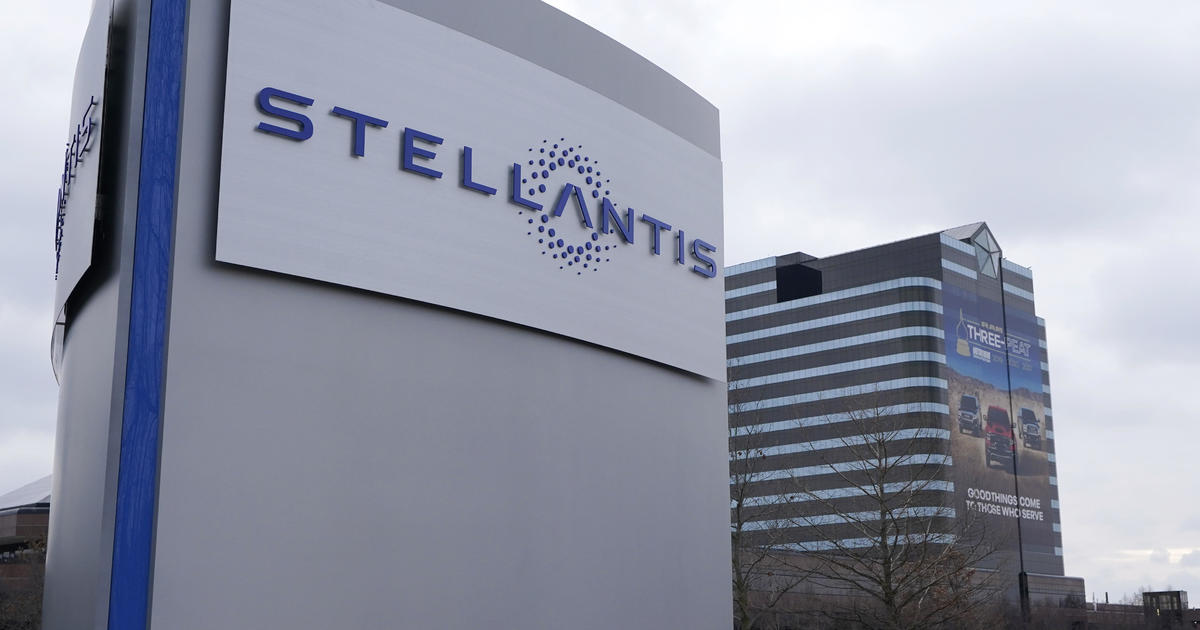US new vehicle sales rise 12% as buyers shake off high prices, interest rates
Undeterred by high prices, rising interest rates, autoworker strikes and a computer-chip shortage that slowed assembly lines, American consumers still bought 15.6 million new vehicles last year, 12% more than in 2022, the biggest increase in more than a decade.
Yet sales still haven't returned to the 17 million rate in the years before the pandemic, and there are signs of a cooling market as buyers aren't as willing to pay astronomical prices that dealers and manufacturers were charging just months ago.
"You see the consumer making a concerted effort to ensure that they're getting the best price possible," said Jonathan Chariff, CEO of South Automotive Group, a 10-dealership group in the Miami area. "They basically feel that this is the right time to buy from a perspective of being able to get the discounts."
Average auto sales prices peaked in December of 2022 just over $47,300, with vehicles in short supply because of the global chip shortage that limited production. Some dealers were able to charge over the sticker price to buyers who needed a new ride or had the money to get one.
But the chip shortage gradually eased last year to the point where it's nearly over, and assembly lines are running at near normal speeds. General Motors, Ford and Stellantis endured six-week strikes by the United Auto Workers that ended last fall. As a result, vehicle supplies on dealer lots are strong and growing, and prices are starting to fall as automakers and dealers dangle discounts.
Data from J.D. Power show that average prices in mid-December were down 2.7% from the peak, to around $46,000. But they're still nowhere near pre-pandemic prices due to a 26% runup from 2020 to 2022 as cash-rich buyers drove up prices mainly by buying loaded-out trucks and SUVs. That was about 10 percentage points higher than the inflation rate for the same period.
Still, Jonathan Smoke, chief economist for Cox Automotive, said he expects the gap between the sticker price and the transaction price that consumers pay to widen this year. "We do think that the tables start to turn in 2024," he said. "Discounting will be the key difference in why transaction prices are declining."
Discounts, on average, more than doubled year over year in November, Smoke said. "I think we're starting to see signs that manufacturers are starting to put more into making financing more attractive," he said, adding that they're also offering more attractive lease deals.
New vehicle loans averaged around 7% for most of the year, and those could drop even if the Federal Reserve doesn't start to cut rates, Smoke said.
He and Chariff also say that dealers have had to discount as well. In South Florida, Chariff said he isn't seeing customer demand back off. His dealerships had strong December sales without the normal lull during the week before Christmas.
There may be more buyers at the lower, more affordable end of the market, which already was heating up last year as supplies rose. For example, sales of the Chevrolet Trax small SUV, which starts at $21,495 including shipping, grew to more than 109,000 last year, four times the 2022 number.
Electric vehicle sales grew 47% to a record 1.19 million for the full year, according to Motorintelligence.com. The EV market share grew from 5.8% in 2022 to 7.6% last year. But EV sales growth slowed toward the end of the year. In December, they rose 34%.
Gas-electric hybrid sales grew 54% to 1.2 million last year, with market share leaping from 5.6% in 2022 to 7.7%.
Among manufacturers, General Motors, the top seller in the U.S., posted a strong 14% sales increase for the year. Toyota sales grew 7%, while Honda was up 33%. Nissan sales grew 23%, with Hyundai up 12%. Stellantis, maker of Jeep, Ram and other vehicles, saw its sales drop about 1% for the year.
Ford's F-Series pickup trucks are likely to remain the top selling vehicle in the U.S. when the company reports numbers on Thursday. But General Motors said it sold more full-size pickups than Ford — 839,517 — with its Chevrolet Silverado and GMC Sierra combined.
Toyota's RAV4 small SUV was the country's top-selling vehicle that wasn't a pickup truck. RAV4 sales rose 9% last year to almost 435,000.



